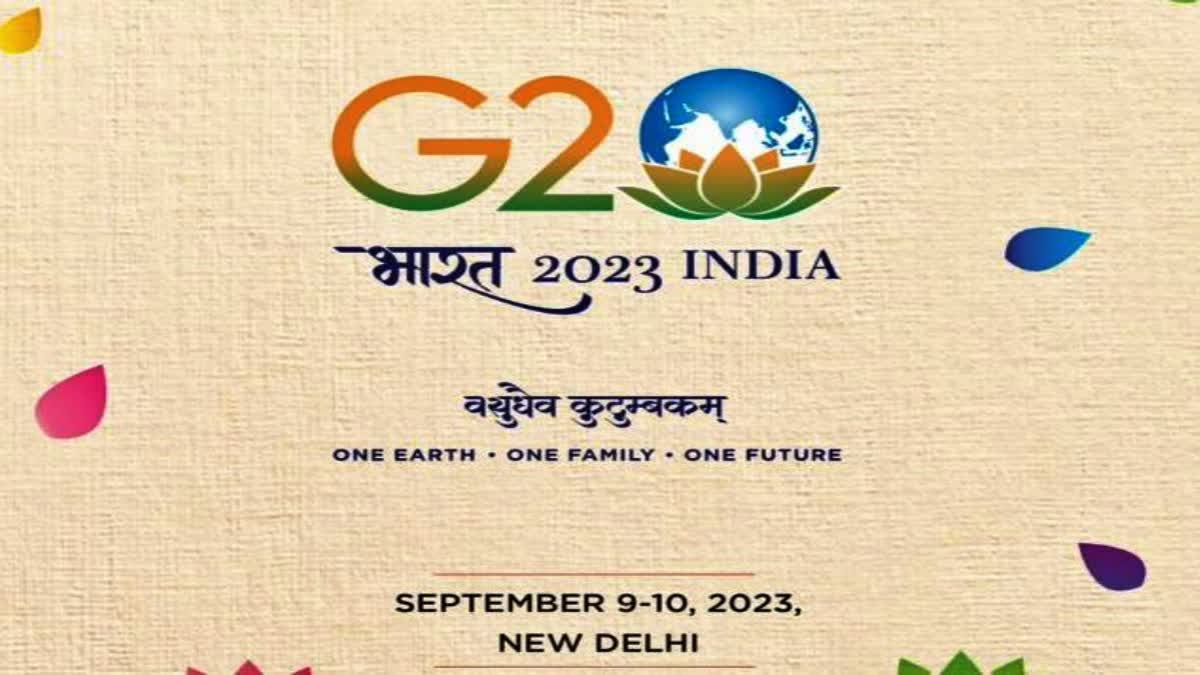New Delhi: The government of India has high expectations that the forthcoming G20 Summit scheduled to be held in New Delhi on September 9 and 10 would be helpful in tracing the missing historical monuments from across the country.
A senior government official told ETV Bharat that the cultural track of the G20 Summit will discuss and explore possibilities for a common platform to preserve and protect the heritage of each country with the use of digital technology and artificial intelligence (AI).
“Policymakers, cultural institutions, and professionals are increasingly mobilizing digital technologies towards not just the conservation of heritage sites, the safeguarding of living heritage, the protection of cultural property and artifacts and the fight against illicit trafficking, or the conservation of documentary heritage, but also in the field of museums, archives, and private collections,” the official said.
India has 3,693 centrally protected monuments and sites of national importance, including 24 world heritage property, 52 site museums spread all over India which are directly under the Archaeological Survey of India (ASI). Although 92 monuments declared “missing” in a CAG report, 42 monuments have been identified due to efforts made by the ASI and out of the remaining 50 monuments, 14 are affected by rapid urbanisation, 12 are submerged in reservoirs or dams while the location of the remaining 24 is untraceable.
In view of the transformative impact of digital technologies on the conservation, documentation, safeguarding and monitoring of cultural heritage, and the existing technical, ethical and policy challenges, the working group under India’s G20 Presidency earlier mobilized the G20 members towards expanding the global reflection on digital technologies for cultural heritage, including strengthening of research, data collection and exchange of good practices.
It also aimed to strengthen national and regional policy frameworks to encompass issues related to digital technologies in more systemic ways, building on a rights-based approach, including through capacity building.
“Despite the strides taken in digitisation of cultural heritage, a digital divide exists in terms of gender gap, socio-economic factors and language barriers. Particularly, a collaborative and participatory framework approach for synergies with international organizations, universities, technology firms, and communities would be a significant step in the right direction to bridge the existing digital divide by sharing best practices,” the official said.
It is worth mentioning that the G20 Culture Ministers met for the first time in 2020 and highlighted culture’s cross-cutting contribution to advancing the G20 agenda.
Recognizing the synergies between culture and other policy areas, and considering the impact of culture, heritage and the creative economy on social and environmental dimensions of development, it was integrated into the G20 agenda as a Culture Working Group in 2021. The group aims to strengthen international cooperation and collaboration to support cultural and creative industries.
The working group organised a series of four global thematic webinars between March and April this year to harness the priorities set forth by India through shared expertise and best practices to firmly position culture as an engine for propelling inclusive sustainable socio-economic recovery and development.
Also read: G20 Summit: AI-generated avatar to welcome world leaders at 'Mother of Democracy' exhibition



